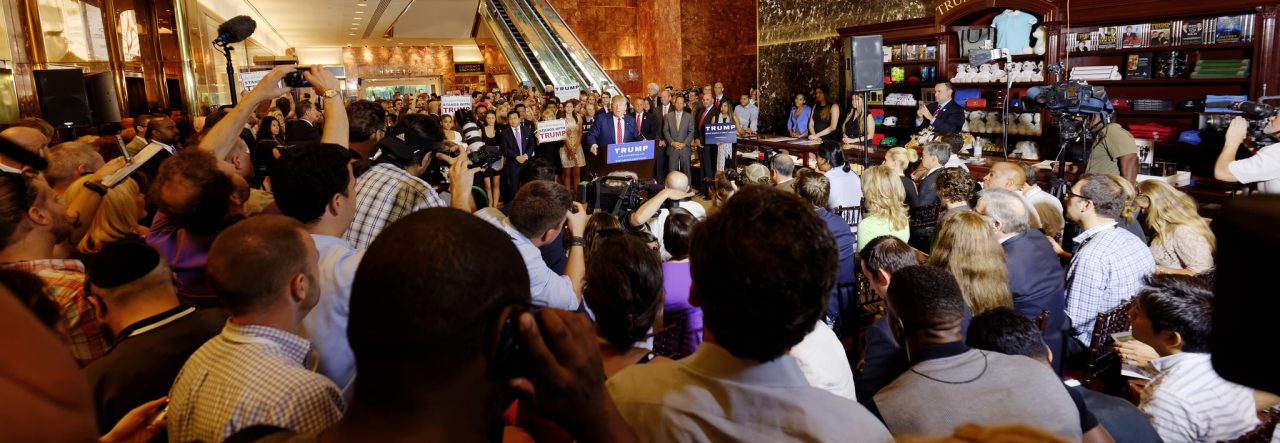Your research papers will be due on April 24, which is just a few weeks from now. Recently I posted guidelines. By this point you should have a clear topic in mind and have started work on your research.
Before our next class, please write a memo/summary on what your paper will be about. Your memo should be about 200 to 300 words long, but you can certainly write more. I’m looking to see that you have thought this through, and I’m looking for enough information so that I can provide you with feedback and recommendations. Identify at least some of the primary and secondary sources you intend to use.
I have deliberately kept the assignment open-ended, but you are writing a substantial research paper at the graduate level. That means you need to offer a mix of primary and secondary sources. For instance, let’s say you decide to examine how The New York Times and The Washington Post covered President Trump’s inaugural address. In addition to offering your own close analysis of what those two papers actually published (primary sources), you would want to supplement that with material providing us with information on the two papers from a variety of secondary sources; perhaps a non-Times, non-Post source on what Trump was trying to accomplish with that speech; whether the two papers’ coverage of Trump’s speech was in accordance with the principles laid out by Kovach and Rosenstiel, and the like.
You may want to bolster your research by interviewing experts as well, although that is not a requirement. If you choose, you may write a purely academic paper with no interviews.
Send your memo to me by email in the form of a Microsoft Word document.

